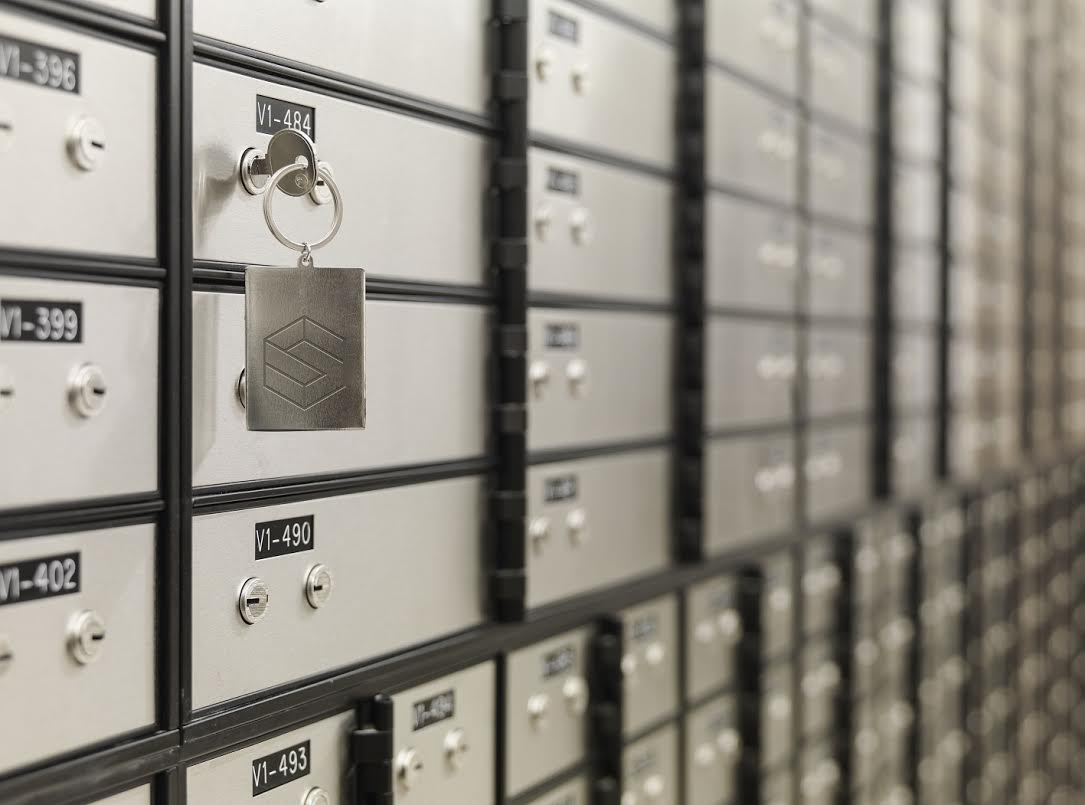Business
Things You Should Consider Putting In A Safety Deposit Box

By Wanda Marie Thibodeaux
Safe or safety deposit boxes are secure storage containers you can rent from most post offices, banks or similar organizations. They typically offer much more protection than you’d get storing your possessions at home. Your space in a safety deposit box is limited, so choose what to put in yours carefully.
General Guidelines to Follow
When you’re selecting what to put in your safety deposit box, follow three rules of thumb. First, choose items that would be very difficult or costly to replace. This applies to both data and physical assets. Secondly, select items that, despite their financial or sentimental value, you won’t need access to right away or on an everyday basis. Lastly, pick items that others might need in an emergency or in the event of your incapacitation/death.
Records and Documentation
Safety deposit boxes are a great place to store important records and documentation. Start with personal records, such as birth/death certificates, marriage certificates, deeds, warranties, receipts for valuables worth over $1,000, academic degrees and/or transcripts, Social Security cards and a household inventory. Legal records also qualify for inclusion. Examples here include copies of insurance policies, wills, trusts, tax records, passports, power of attorney and even copies of items you normally keep in your wallet, such as your driver’s license. If you own a business, consider including records such as your contracts, TIN, blueprints, articles of incorporation or bylaws/charters.
Electronic information also can be valuable enough to put in your safety deposit box. Many individuals include a hard drive or flash drive containing music, movies, family photographs or other documents, such as scans or digital books. Occasionally, check the integrity of your electronic files and, if needed, update your storage technology.
Valuables
Aside from documentation, you also might wish to find safety deposit boxes in Melbourne, FL that accommodate your physical valuables. For instance, you might want to protect items such as heirloom jewelry, your coin collection, stocks/bonds or irreplaceable original letters and journals. There’s really no right or wrong here. If it’s priceless to you and isn’t hazardous, go ahead and protect it!
Conclusion
Safety deposit boxes are an excellent choice for keeping your records and valuables safe. Choose what you put in yours based both on monetary and sentimental value, keeping in mind that access isn’t always immediate and that others might need what you’ve protected later on.
-

 Tech11 years ago
Tech11 years agoCreating An e-Commerce Website
-

 Tech11 years ago
Tech11 years agoDesign Template Guidelines For Mobile Apps
-

 Business6 years ago
Business6 years agoWhat Is AdsSupply? A Comprehensive Review
-

 Business10 years ago
Business10 years agoThe Key Types Of Brochure Printing Services
-

 Tech8 years ago
Tech8 years agoWhen To Send Your Bulk Messages?
-

 Tech5 years ago
Tech5 years ago5 Link Building Strategies You Can Apply For Local SEO
-

 Law5 years ago
Law5 years agoHow Can A Divorce Lawyer Help You Get Through Divorce?
-

 Home Improvement6 years ago
Home Improvement6 years agoHоw tо Kеер Antѕ Out оf Yоur Kitсhеn































